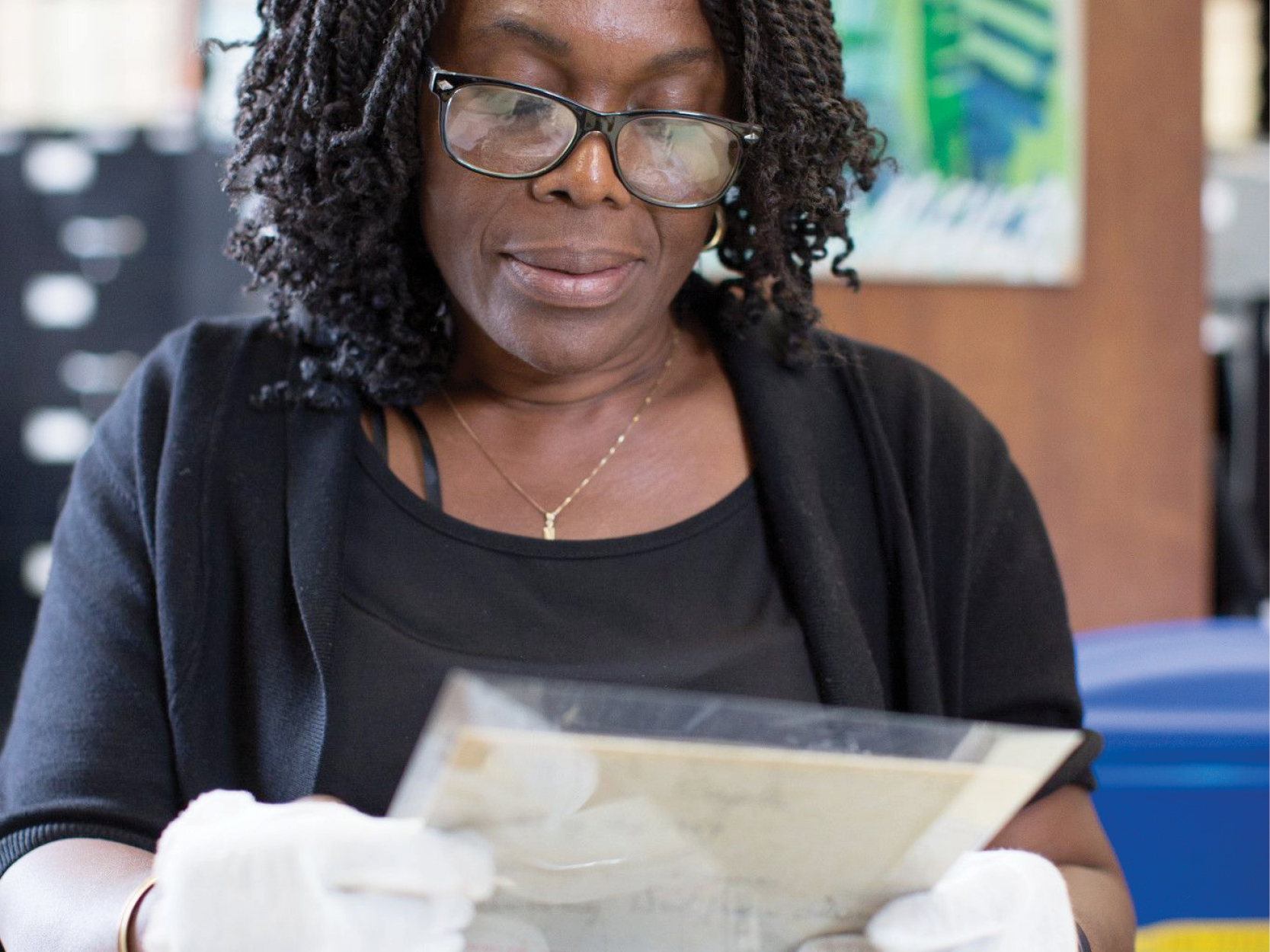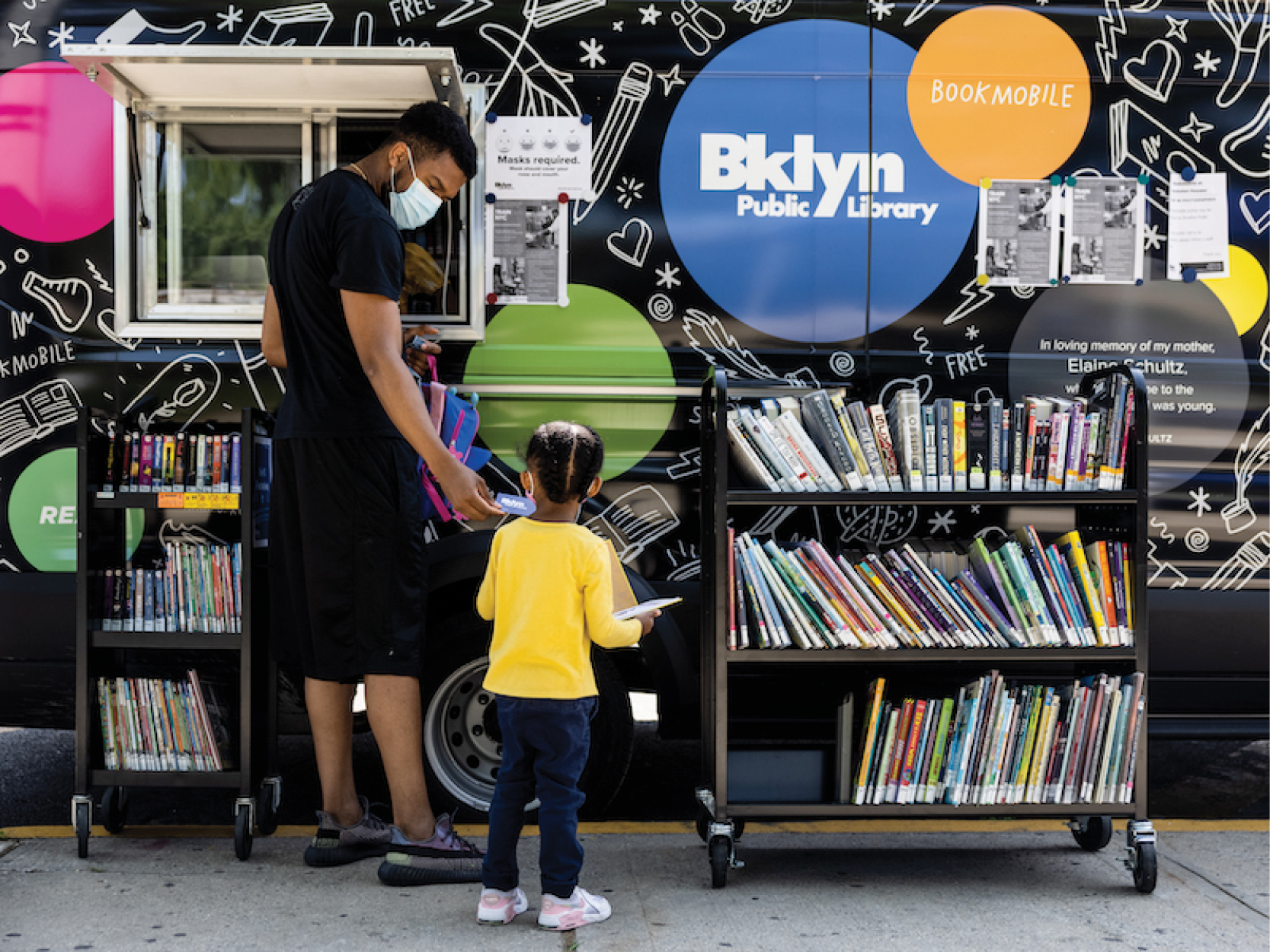
It saddens me that our manuscript collection doesn't get more use. To be fair, it is a hodge podge of documents that are challenging to read and cover various parts of 19th century history. But amidst contracts and lists of construction materials, there are some real gems. I had known for some time that we had three documents that addressed slavery in Brooklyn, but I had never taken the time to read them carefully. This week, I settled down to transcribe them in preparation for class visits. What I found were three heartbreaking, but important, stories.

The abolition of slavery in New York State was a long and drawn-out process, officially coming to an end on July 4, 1827 - also known as Emancipation Day. Many former slaves found jobs, homes, and prosperity in Brooklyn and surrounding areas, but not everyone was so fortunate. The three documents in question are welfare applications filed by former slaves. They date from 1830-1831 and were hand-written by Mr. Jospeh Dodge, Superintendent of the Poor in North Hempstead. Although the documents originated in North Hempstead, the Queens County seat until 1899, we have them in our collection because the applicants were once slaves in Brooklyn.

Each application is identical, with areas for name, date and signatures that certify the applicant was "adjudged and determined to be a pauper, chargeable to the Town of North Hempstead." From the notes of these three applications we get a brief idea of how difficult the transition from slave to free was for many men and women:
Cato and his wife were sold by a rope maker in Brooklyn to a Mr. Griswold in North Hempstead in 1813. Mr. Griswold promised that they would be freed after five years of service and he kept his word. But several months after earning their freedom they were living in poverty, and the overseer of the town asked them to return to their former master. The complied and served Mr. Griswold until Emancipation Day in 1827. Cato unsuccessfully demanded back payment for his 23 years of service and began to wander the County aimlessly, once again a free man. By 1830 he had been taken to the North Hempstead Poor House. (His wife was no longer mentioned.)
Jack Van Ness arrived in Jamaica, Queens as the slave of Dominic Van Ness and was sold to the Cortelyou family in Brooklyn's Narrows. From there, he ran away and fled to Boston. After some time, he returned to Jamaica by a "curious" boat that had no sails and was filled with smoke. Shortly after returning to Queens as a free man, he became sick and sought shelter in the poor house.
Michael Johnson was sold to the Bergen family in Gowanus and eventually became free. He then moved to Spring Field (a part of Long Island), where his mother lived. For nine years, he wandered the County taking any jobs that he could find. By 1831, however, he arrived in the office of the poor office without any family and without a permanent residence.
Although these stories are brief, they are a critical piece in Brooklyn's story. It can be difficult to teach and research slave history. Many of my students assume slavery was a southern phenomenon that never existed in Brooklyn. Showing students these documents helps them not only understand the reality of the situation, but also connect to the individual stories. Reading a first-hand account of a slave experience has a greater impact than just knowing slavery existed. Without the preservation of such documents, the stories of men like Cato, Jack, and Michael would be lost forever. It is easy to get frustrated with manuscripts and argue that they don't tell us enough of the story, but we should be grateful that even part of that story has survived.

This blog post reflects the opinions of the author and does not necessarily represent the views of Brooklyn Public Library.
Post a Comment
While BPL encourages an open forum, posts and comments are moderated by library staff. BPL reserves the right, within its sole discretion, not to post and to remove submissions or comments that are unlawful or violate this policy. While comments will not be edited by BPL personnel, a comment may be deleted if it violates our comment policy.
eNews Signup
Get the latest updates from BPL and be the first to know about new programs, author talks, exciting events and opportunities to support your local library.







